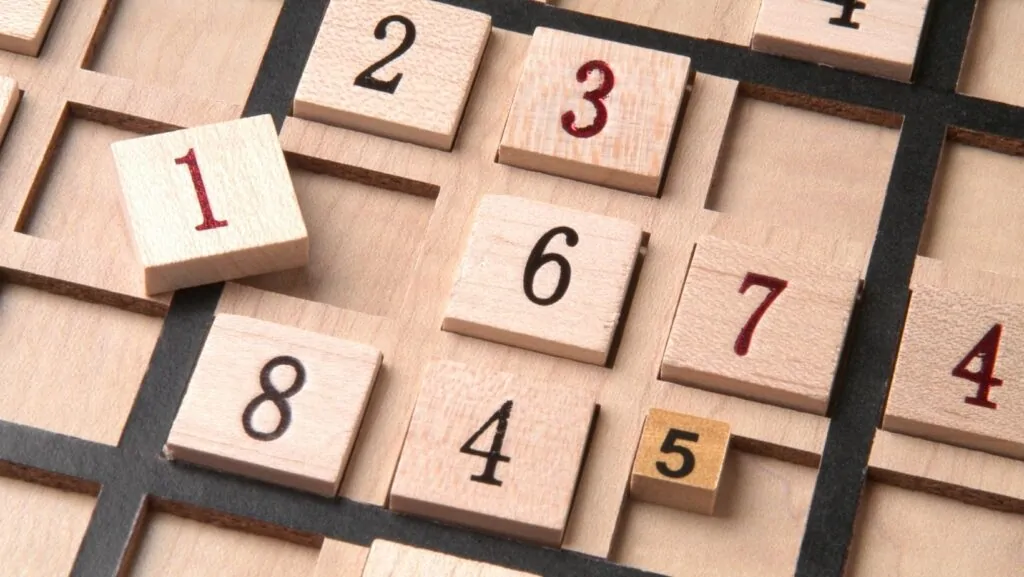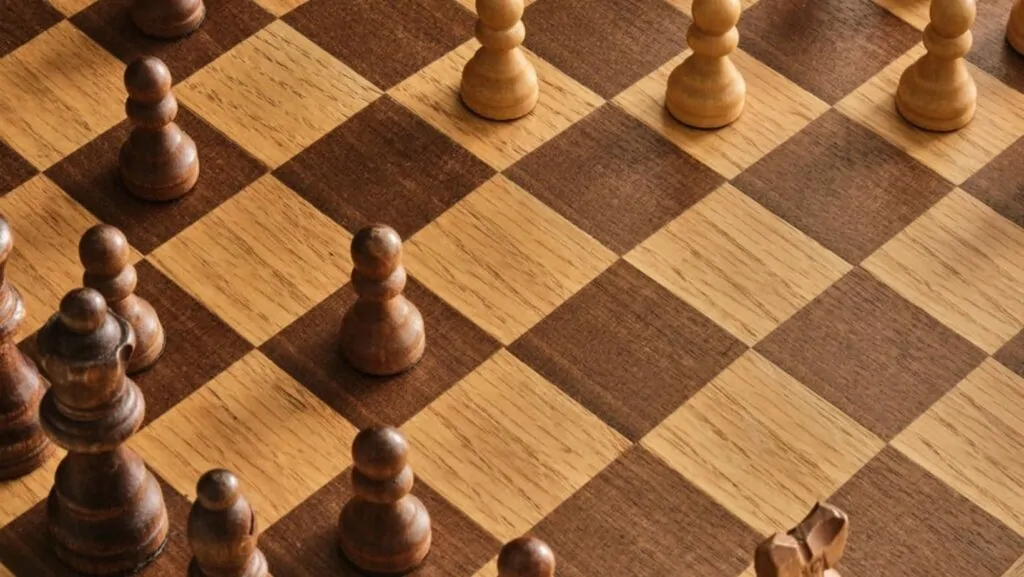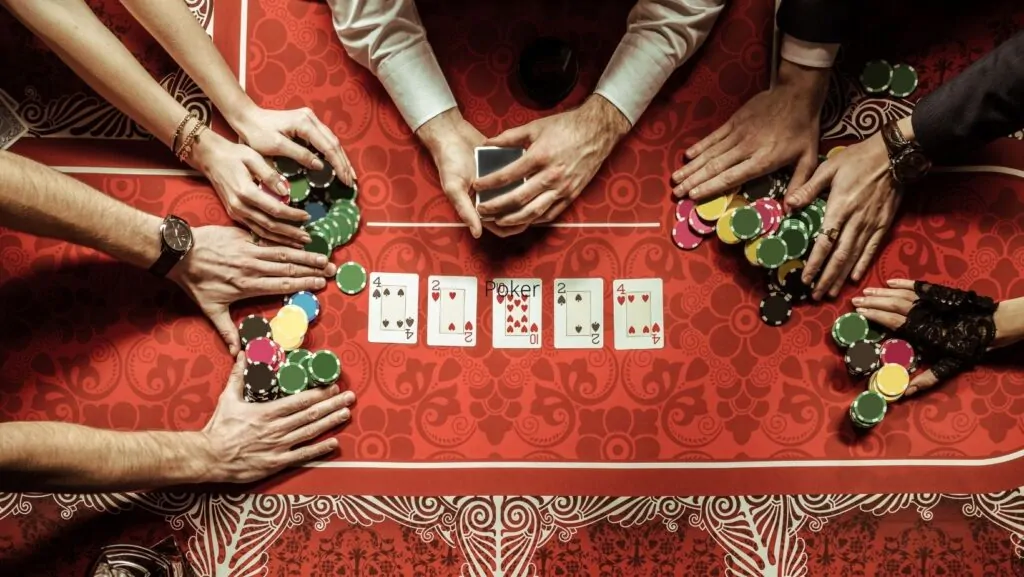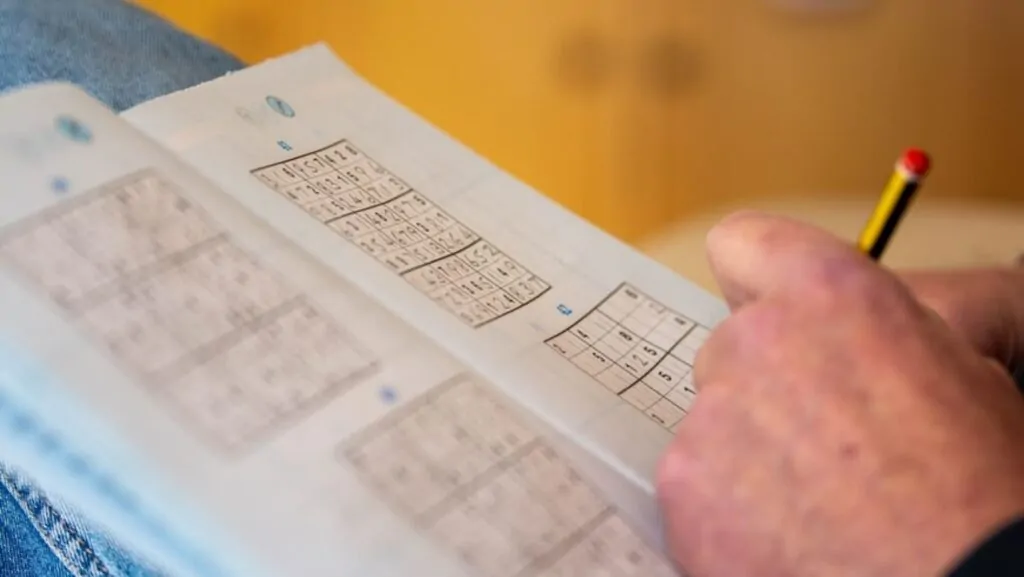Do you consider yourself a bit of a brain box? Perhaps you’ve made it into MENSA, or you were valedictorian at school. Whatever your genius credentials are, it can be difficult for brainy people to find hobbies that truly mentally stimulate them or games that will help them study. For those of you thinking, wait a minute, I’m up to my armpits in my latest research paper and absolutely loving it, hold it just a second. We mean hobbies as in the kind of thing that you do for fun and fun only. Research papers are strictly not allowed! Instead, try out one of these games that brainy people the world over have been enjoying for decades, centuries, and in some cases millennia.

Chess
If you ask anyone what they consider a game that intelligent people play, the first game that springs to mind will almost certainly be chess. There are plenty of reasons for that, firstly it isn’t a console game, but also in the past couple of years, chess playing has seen a huge resurgence thanks in no small part to the hit Netflix series The Queens Gambit. This series had chess front and center, as it took us on the fascinating story of Beth Harmon, an orphan who discovered her talent for chess whilst playing with the orphanage’s caretaker in the basement. From there she honed her talents and went on to achieve grandmaster status.

The other reason it springs to mind first is because it’s been around for so very, very long, around 1500 years in one form or another. The first links to chess that archaeologists have been able to find was a game played in India called chaturanga. This game made its way across Persia and through Southern Europe, where its rules and pieces began to change to reflect the monarchy at the time. Nowadays the way we play chess has remained unchanged for centuries, with the highest accolade a player can achieve being to make it to grandmaster status. In order to do that, a player must have an ELO rating of 2500 which they can achieve at any point in their career, as well as two norms from a total of 27 tournament games. Although it sounds simple, people work their entire lives towards this status and some still don’t achieve it.
Poker
Unlike chess, poker isn’t considered an elitist game and is enjoyed by many all over the world. Some MENSA members play it, some guys sit at the back of the bar playing it in your hometown no doubt. Poker can be enjoyed by anyone, but the people at the very top of the game tend to be lightning fast thinkers and master bluffers. When it comes to playing poker as a profession, learning how to calculate pot odds becomes increasingly important in order to protect your bottom line. These sorts of calculations aren’t groundbreaking mathematical calculations, but they’re a great deal more complex than the mental maths that most of us would attempt.

There are lots of different varieties of poker, some falling in more closely with the casino heading than others. The traditional variety of poker that tends to be seen in tournaments is Texas Holdem, but games like Heads Up Holdem and Joker Poker are becoming more popular. They’re available to play at specific sites that offer them and can provide a more lighthearted approach to the game.
Sudoku
Sudoku for many people, might seem like the oldest game on the list. The vast majority of us believe that it came from Japan, owing to its name su, meaning number in Japanese, and doku translating roughly to unique. It might come as a surprise then, to find out that in actual fact sudoku was invented in New York in the 1970s. Dell Puzzle Magazines, who up until the 1970s had produced crossword puzzles stumbled upon ‘Latin squares’ a mathematical puzzle devised in 17883 in Switzerland. These squares each featured a series of numbers and symbols that appeared once in each row and once in each column.

Dell Magazine took these Latin Squares and subdivided them into nine individual squares, making a large square of 3×3 with 9 internal 3×3 squares too. Dell Puzzles published its firced Number Place square in 1979 and still publish it under the same name today. Number Place was picked up in Tokyo, where the alphabet doesn’t lend itself to crossword puzzles. It was played as sudoku for around 25 years, before being discovered once more by an Australian puzzle publisher who brought it back and started the craze in Europe and America.




